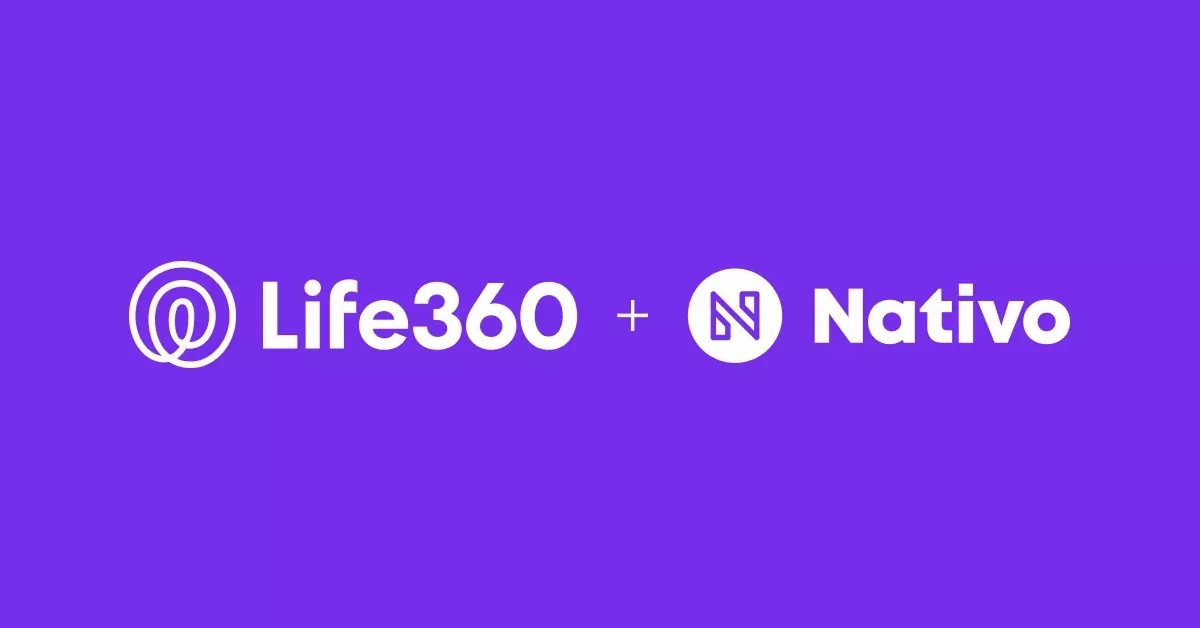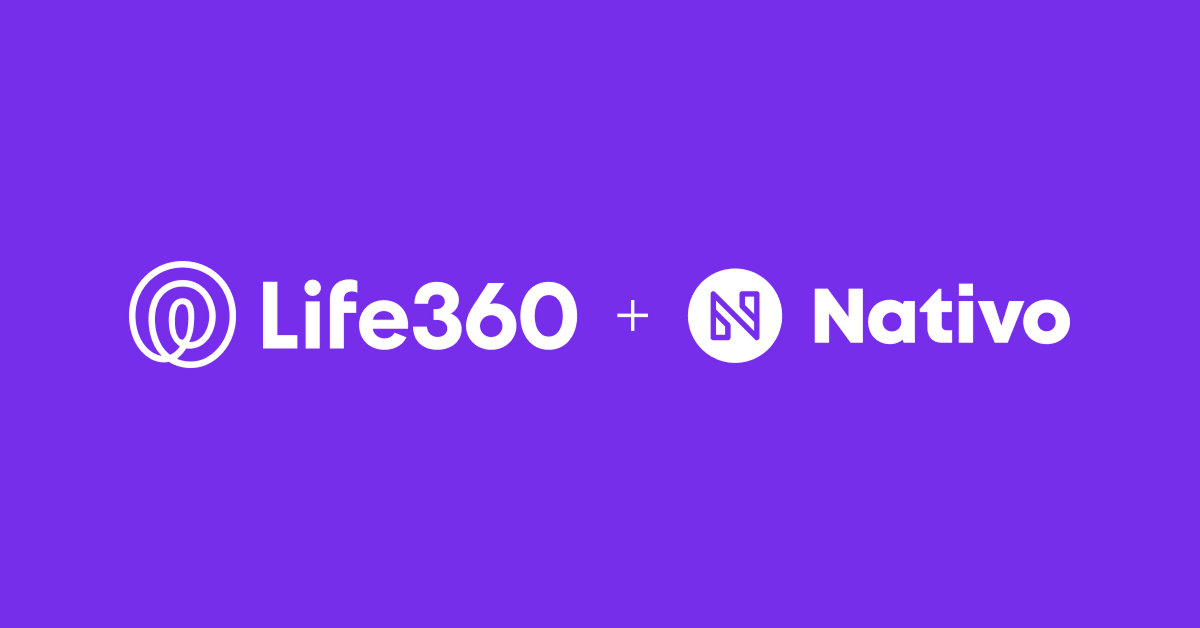How AI Will Create Super Humans (and Sooner Than You Think)
.png)
When the CEO of the hottest artificial intelligence company on the planet publicly warns lawmakers that AI could cause "significant harm to the world," we're inevitably going to see a lot of doomsday headlines and Terminator references flood the internet. “If this technology goes wrong” is how these narratives start.
That’s the wrong narrative.
The right narrative starts with “if this technology goes right,” and half a generation from now—yes, in only about 15 years—we’re going to see that this story is far less about killer robots than it is about super humans.
I’m not just an optimist by nature. There’s good reason to believe that AI is going to drive societal change on par with the Industrial Revolution and subsequent technology leaps—and it’s going to do it faster than ever.
The Impact of Technology Evolution on Society
“Artificial intelligence is the most important advance in technology since the graphical user interface.” That’s according to Bill Gates, who knows a thing or two about technology development. But I think he’s rather dramatically understating the situation.
Indeed, the GUI moved computing out of the realm of the engineers and tech nerds and opened up its power to everyday people. That’s arguably what ChatGPT is doing for AI right now. While AI has been around for decades in various stages of development, it’s now in the hands of the masses—which, depending on your perspective, is either scary or exciting.
Fear in the face of uncertainty is understandable—but it’s also a product of short-term thinking. Consider the Industrial Revolution. Thanks to the proliferation of machinery, the percentage of the population working as farmers plummeted from 90 percent in 1860 to 30 percent by 1920. By 1950, that percentage had fallen to 15 percent, and yet another generation later, in 1985, it was down to 2 percent.
Were farmers in 1860 intimidated by the power and potential of those machines? You bet. But what happened? People, and society as a whole, thrived. The world collectively produced enough food for an even larger population, and the economy ballooned. New jobs and professions were created, and over the course of four generations, humanity moved into a new age.
We saw the same pattern play out during the Information Age, with the rise of computing technology—only everything moved faster. Within the span of two generations, our world shifted from one focused on industrial production to one based on computerization and information. The workforce shifted accordingly—and society (and the economy) thrived.
Now, here we are, on the cusp of the next paradigm shift—the Intelligence Revolution, driven by artificial intelligence. The changes will be just as dramatic as in previous revolutions, and they will move even faster. But that’s not cause for panic.
The Implications of AI Proliferation
The current state of AI calls to mind Amara’s Law, which tells us this: “We tend to overestimate the effect of a technology in the short run and underestimate the effect in the long run.”
In half a generation, we will look back on this moment in time and realize just how dramatically our lives have been transformed by AI, and it will seem like we didn’t even notice it happening. The panic of this moment will have been forgotten. And if “half a generation” seems like a long time, consider this: The first iPhone was released half a generation ago. (Can you even remember what the Before iPhone Times were like?)
AI’s effect on society is going to transcend that of smartphones by unlocking limitless human potential. The future belongs to those who lean into AI to supercharge their capabilities—the ones who embrace emerging technology and its capacity to turn us into super humans.
We’re entering a new age of humanity and, yes, that’s scary. As we’ve seen in past revolutions, AI will undoubtedly destroy millions of jobs. But here’s the thing: That’s OK.
Let’s consider for a moment that the rise of AI is coming at a time when the world is entering a period of population stagnation that’s expected to transition into population decline. The world, in relatively short order, must prepare for a future in which the workforce is smaller, not due to personal preferences but due to fewer humans. AI will be there to bridge this gap in labor needs. With AI, smaller teams can do a lot more work.
Then there’s the nature of the work itself. Despite advances in automation, inestimable time and resources are still being funneled into repetitive, manual tasks, at the expense of hours that people could be putting toward true creativity and innovation. The Information Age moved us away from a society characterized by hard labor. The Intelligence Age will move us away from a society characterized by mindless labor—which I can only imagine is going to aid the collective mental health of humanity.
Thanks to the Industrial Revolution, we moved from a world characterized by famine to one where we lament the amount of food we’re throwing away each day. With AI, it’s not a surplus of food we’re creating. It’s a surplus of time, creativity and human ingenuity. And I, for one, cannot wait to see what we as a society create when we put that surplus to work.
Learn more in our recent webinar.


.jpg)

